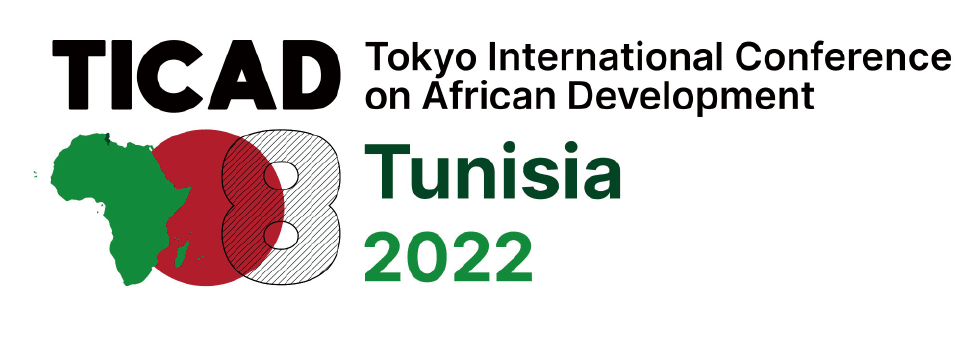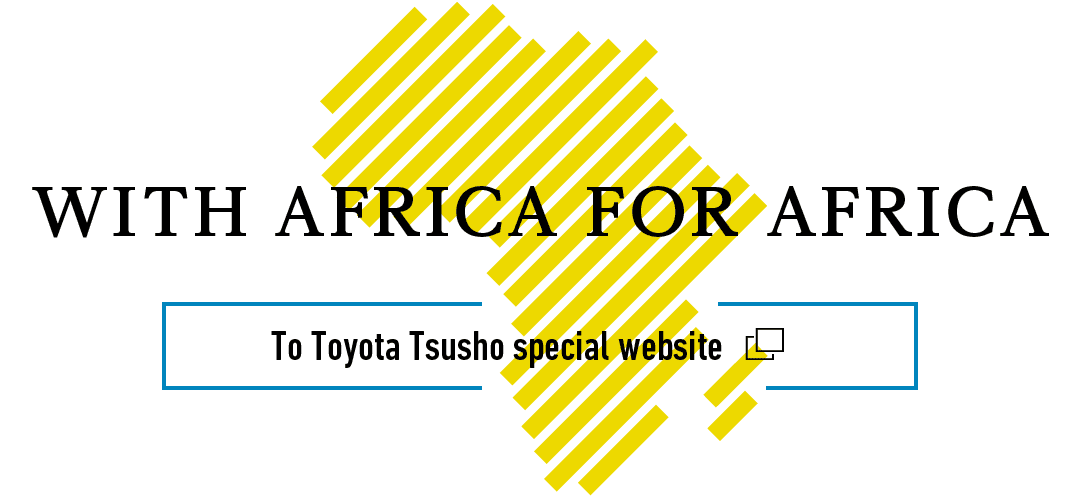Boasting our network covering all 54 countries of Africa, Toyota Tsusho Corporation ("Toyota Tsusho") has been expanding its business fields to boost the economic growth of each country. This year marks 100 years for the company’s operations in Africa; 170 if including the entire Toyota Tsusho Group. Underpinning Toyota Tsusho’s efforts on the continent is its philosophy to strive for sustainable growth by working onsites with the countries where it operates and envisioning a future together. With the 8th Tokyo International Conference on African Development (TICAD8) close at hand, we interviewed the company’s president & CEO, Ichiro Kashitani, on his expectations for TICAD8 and business strategy in Africa going forward.
-- You have been operating in Africa for 170 years, haven’t you?
Toyota Tsusho started exporting Toyota cars to East Africa in the 1960s, but Tomen Corp. had started a cotton business in Uganda in 1922 before we merged with them, so this year marks exactly 100 years for us. In 2012 we commenced capital participation in a French trading company, CFAO, and in 2016 it became a wholly-owned subsidiary. CFAO has been operating in Africa since 1852, so we have been operating on the continent for 170 years as our entire corporate group.
I had known that CFAO had had a strong presence in northwest Africa since I started working in our Africa business in the 1990s. I kind of fell in love with the company thinking that, with Toyota Tsusho operating in Southeast Africa, we could expand across the entire continent and accomplish so much if our companies joined together. When capital participation commenced, CFAO’s business structure was 60% automotive, 30% healthcare, and the remaining 10% was consumer goods. At first, we considered acquiring only its automotive division, but decided to seize the opportunity to expand our business fields in Africa and decided to acquire the entire company. Our acquisition of CFAO resulted in creating a very interesting business portfolio that combined our regions and businesses in Africa.
There are 54 countries in Africa. There is no way we can perform well in every single country, and the same can be said for our business fields. I think the best way to do business in Africa is to cover risks with a country-business matrix. Today we operate in four business domains, mobility, healthcare, consumer goods, and power, infrastructure, and technology. We employ around 22,000 people in our Africa business, which accounts for one-third of our total employees. In fiscal year 2021, sales in Africa topped 1 trillion yen ($7.4 billion) for the first time. Our goal is to become “Be the Right ONE,” a unique and one of a kind of presence to be chosen by the people of Africa.
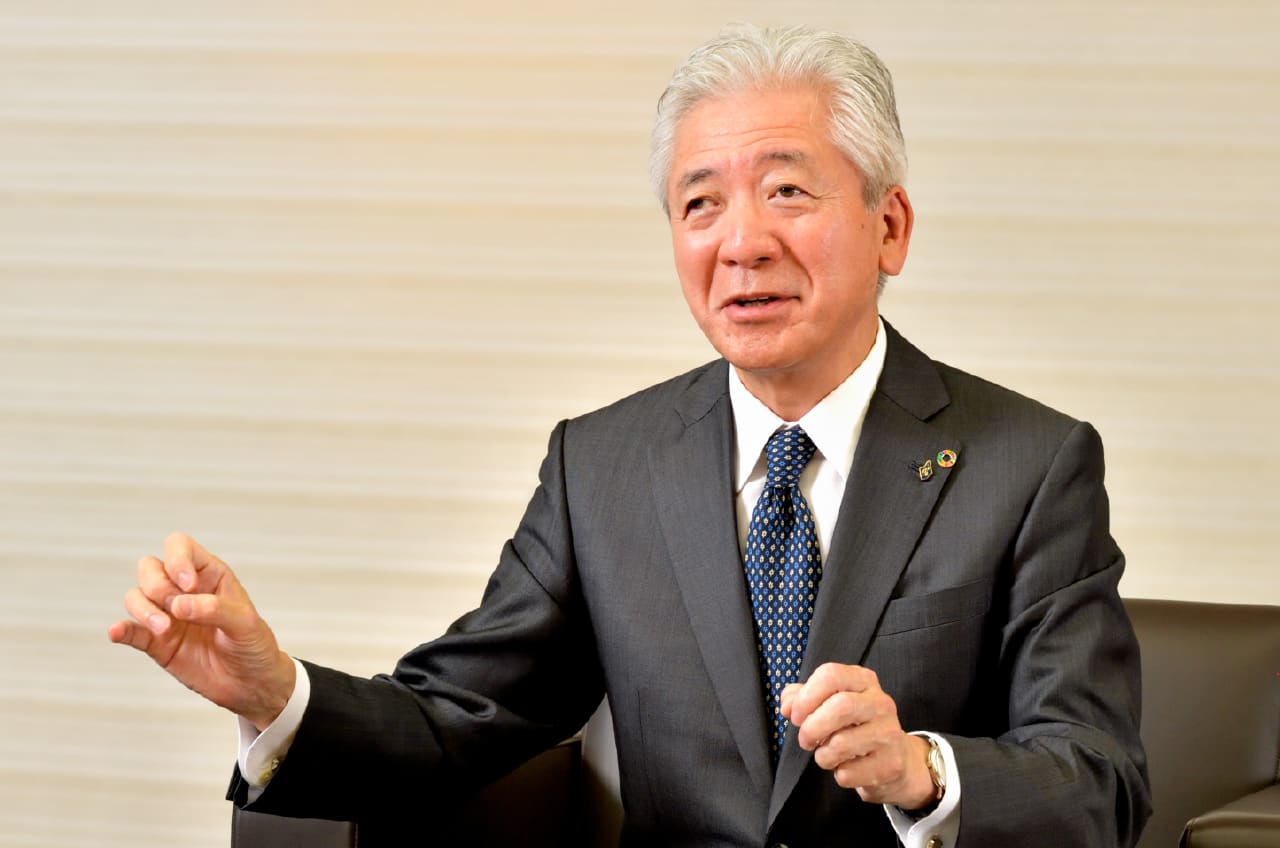
Ichiro Kashitani, President & CEO of Toyota Tsusho

-- What made you start focusing on Africa?
Following in the footsteps of our trailblazers, who went around to each country and launched a series of business of exporting and selling Toyota cars with a pioneering spirit, we were inspired by the continent’s great potential. And it was rewarding to see the visible results our business improved the quality of life of the people in Africa and helped them solve their social problems.
-- The year 2022 marks 10 years since you commenced capital participation in CFAO.
What are your plans going forward?
We are going to review our progress of the last 10 years and discuss the next 10 years at this year’s steering committee with CFAO. In the past we had focused on the distribution of goods from other countries into Africa, but we are on the verge of shifting our business model to local manufacturing and have actually started exporting goods produced in Africa to neighboring countries.
The next step is to manufacture goods in Africa and export them to countries outside Africa. First, we need to promote local production and local consumption in Africa. By 2050, the population of Africa is expected to double from the current 1.3 billion to 2.5 billion. I firmly believe that if the highly spending-oriented middle class grows, new jobs are created, and industrialization moves forward, manufacturing and technological capabilities will improve, which will enables Africa to be a “world’s factory.” I think we can demonstrate our strengths as a member of the Toyota Group in manufacturing. In 2021, an automobile assembly plant with an annual production capacity of 1,300 automobiles went into operation based on a memorandum of understanding (MOU) to develop the automotive industry we entered into with the government of Ghana at TICAD7. We are carrying out assembly and manufacturing of cars in five African countries including Kenya and Nigeria, and moving forward to reach a point where cars are to be assembled and used locally.
-- When did your “With Africa, For Africa” philosophy start?
It started in 2016 when we made CFAO a wholly-owned subsidiary and the first TICAD was held in Kenya. It means that we will think and act in close cooperation with the people of Africa for Africa. We reinvest the profits we earn in Africa into the local communities, where at the same time we offer people training programs and create jobs. I want to prioritize these two things. Today, about a half of the 155 companies in Africa are managed by top officers of locals, but going forward we will step up efforts to develop talent and promote people all the more.
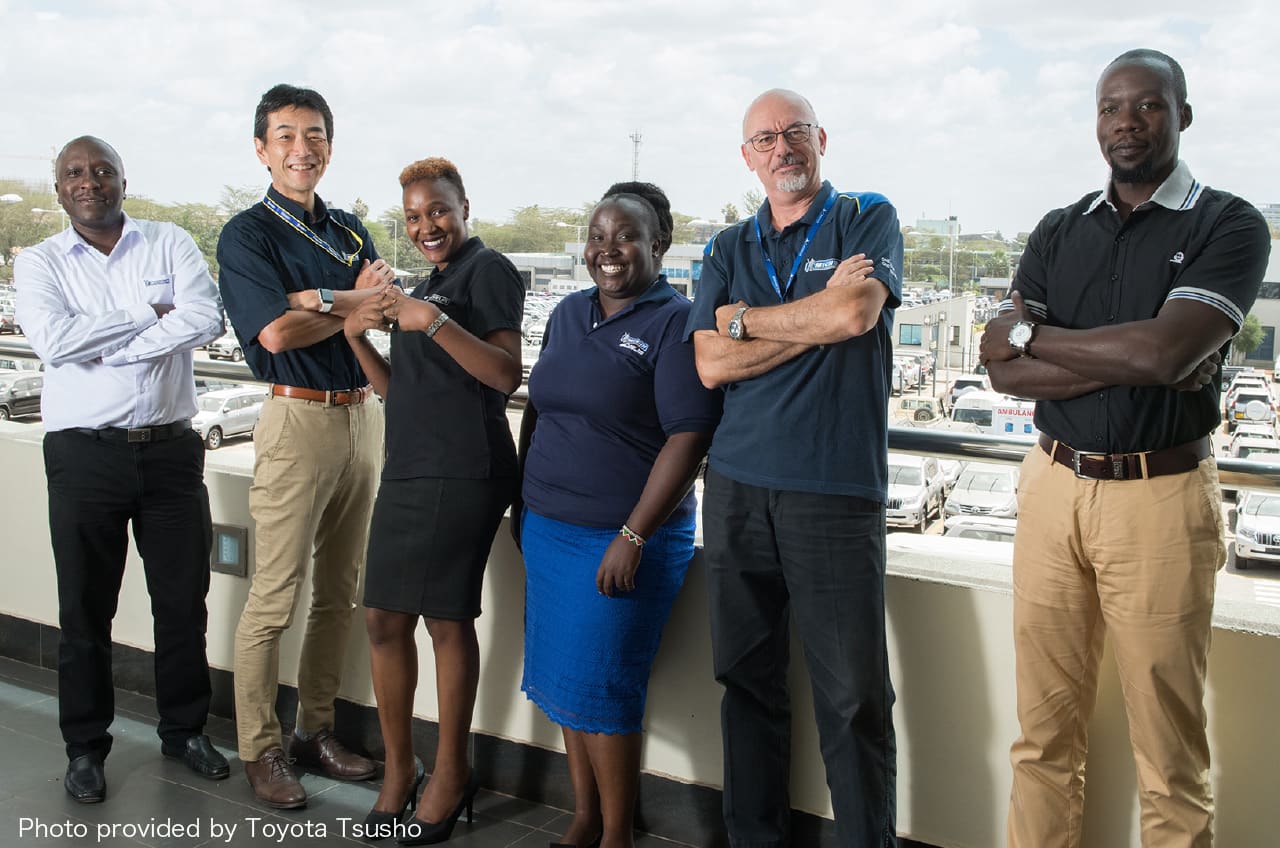

-- Besides your four core business domains of mobility, healthcare, consumer goods, and power,
infrastructure, and technology, I see you have also started investing in African startups.
Many startups in the field of MaaS (Mobility as a Service), such as last mile delivery systems, have emerged in Africa through the leapfrogging that rapidly spreads advanced technology. In order to support and develop entrepreneurs in fields like those, in 2019 we launched a corporate venture capital firm called Mobility 54 that specializes in emerging mobility businesses in Africa. So far we have invested in over 10 startups. The number “54” stands for all 54 countries of Africa. I think it is important to have the mindset of not leaving anyone behind.
Africa has needs but little regulations, so we have been conducting a wide range of pilot tests. In the future I believe there are going to be days when new technologies and services improved or created in Africa will be exported to developed countries including Japan.
-- TICAD8 is scheduled to be held in Tunisia this year.
That’s the second time for it to be held in Africa after the one held in Kenya.
When discussing with other countries I want to propose new business opportunities in four key business fields - industrial transformation, green economy, global health and human resources development. At the last conference, we entered into 16 MOUs, but this time I hope to outnumber that. Most of the MOUs we entered into last time are progressing as planned or in a similar format. Just like previous conference, I want this year’s conference to be not just something for a show, but where we make proposals for Africa that can surely bear fruits.
Facing a variety of societal problems, Africa has been called the “land of a far-off tomorrow,” but bright tomorrow is certainly coming into view for the continent. In line with the “With Africa, For Africa” philosophy, Toyota Tsusho will continue to take on challenges and grow with Africa for the future generations to come.
